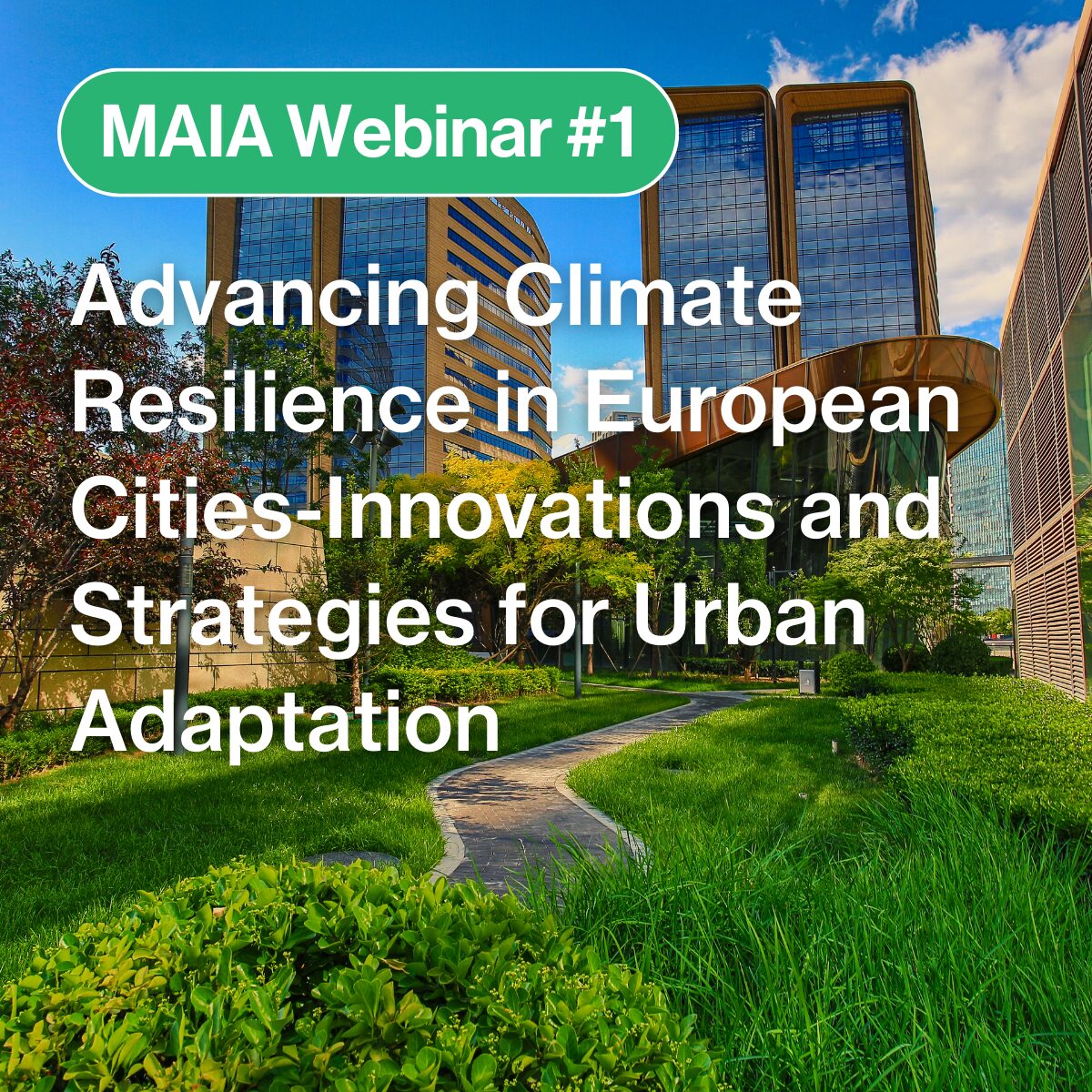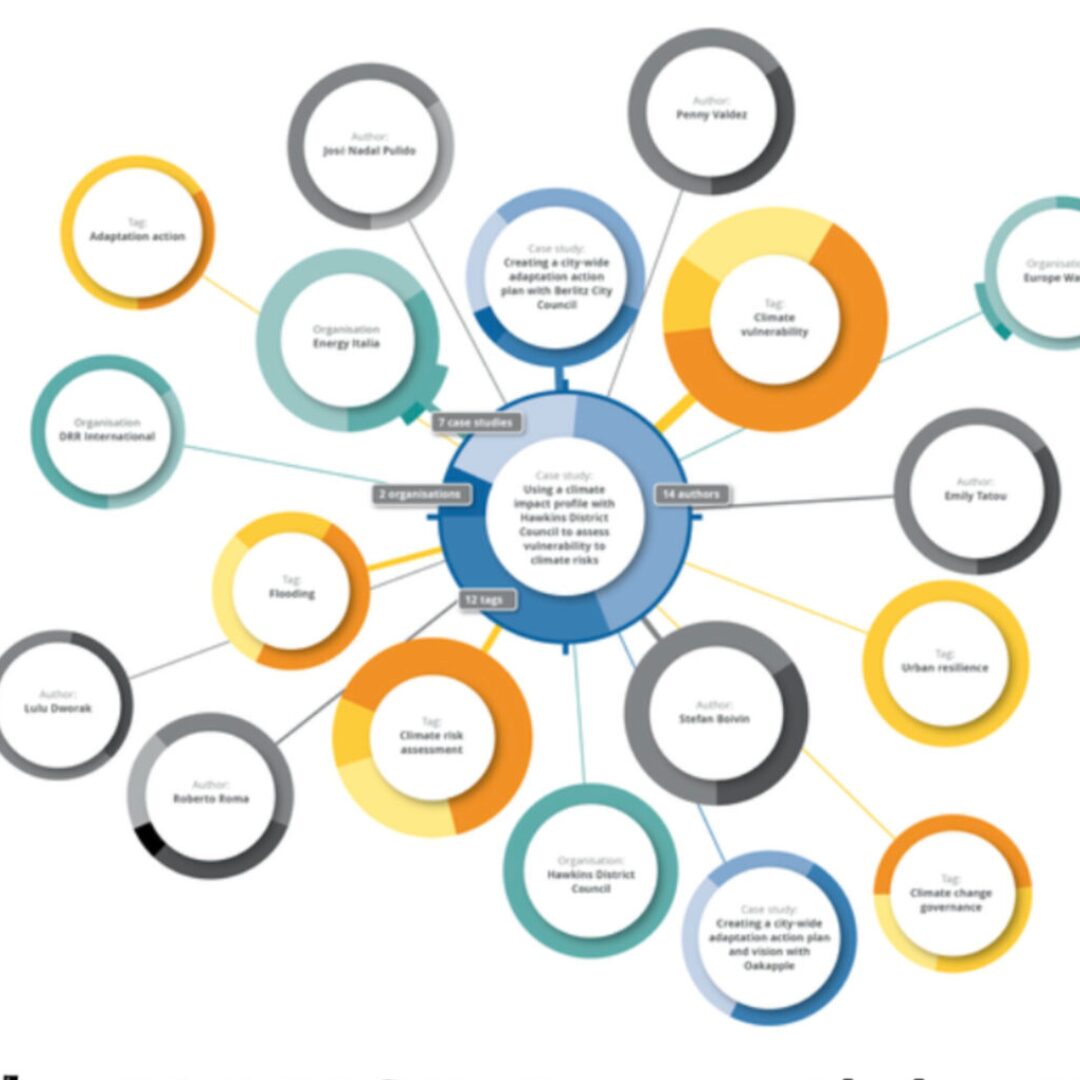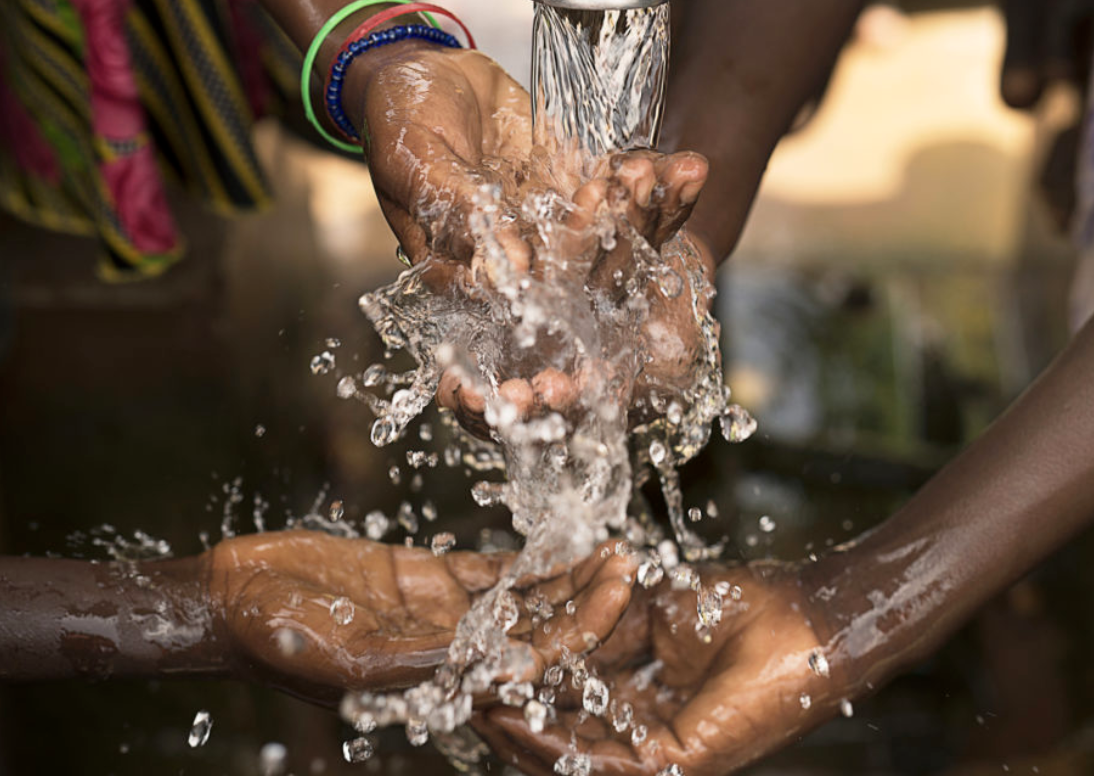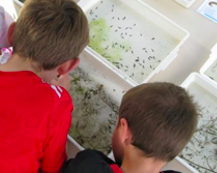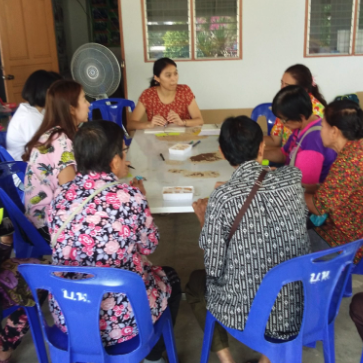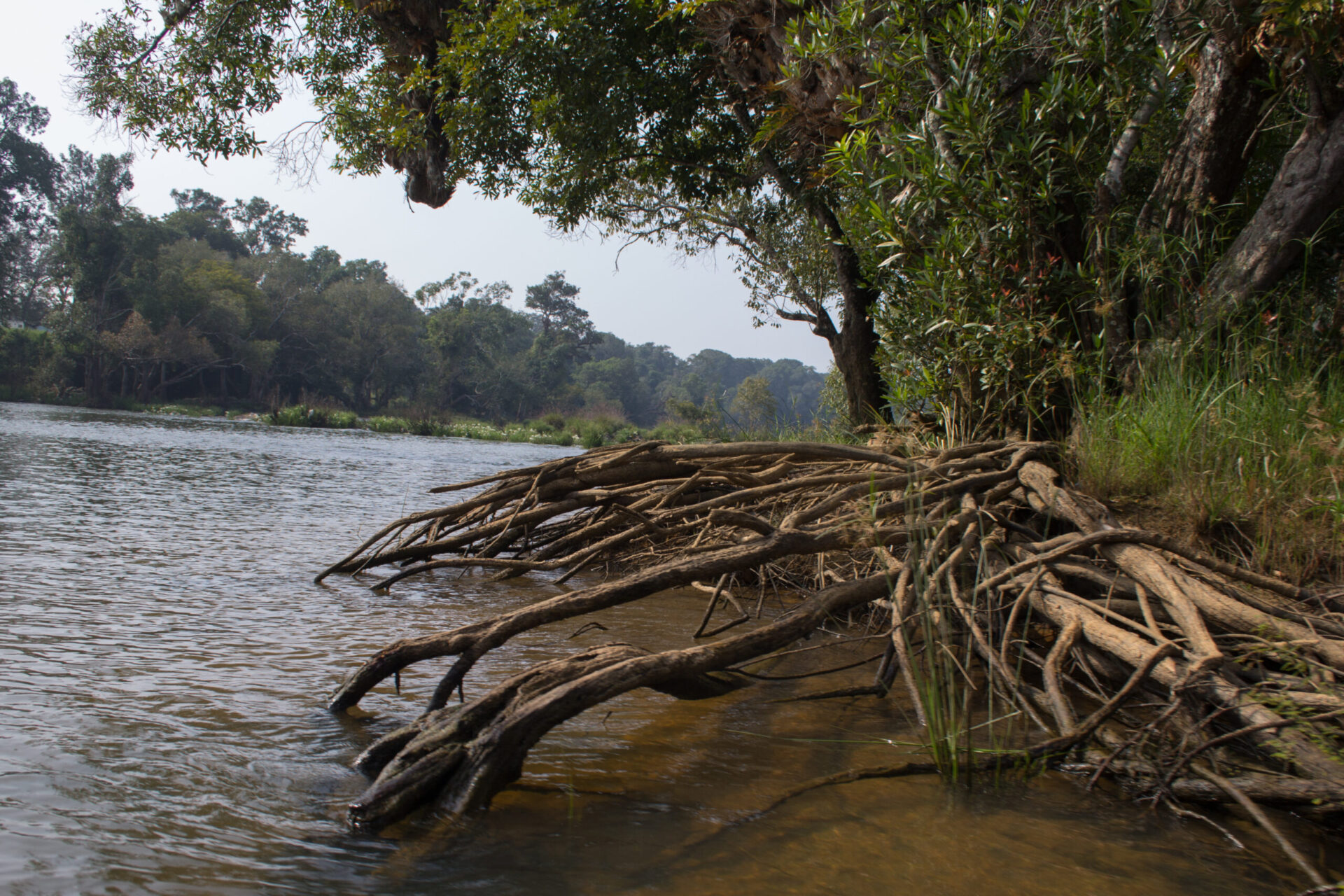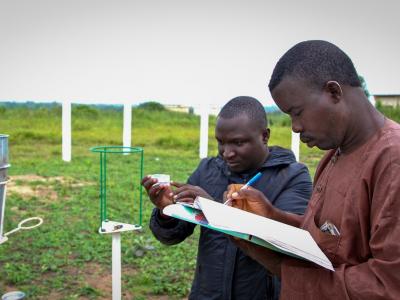decision support tools
What insights can the programme share on developing Decision Support Tools?
chapter discusses some of the key findings with respect to the development of Decision Support Tools (DSTs) from across the UKCR programme, including challenges and gaps in understanding to inform future work.
Lessons Learned from webinar “Advancing Climate Resilience in European Cities – Innovations and Strategies for Urban Adaptation”
The first MAIA Webinar took place on 9 June 2023, addressing the theme “Advancing Climate Resilience in European Cities: Innovations and Strategies for Urban Adaptation” with the participation of three EU-Funded Projects: CityCLIM, LIFE BAETULO, and ICARIA. Click here to read the lessons learned from this insightful webinar.
The Connectivity Hub: Next Steps
Get an insight into the workings behind the Connectivity Hub: a unique ‘search and discovery’ tool which aims to better connect knowledge and resources in the fields of climate change and disaster risk reduction. MAIA is playing an important role in advancing its scope and functionality – learn more!
WASH Flows Tool
Explore this analytical tool aiming to combine both watershed management and water, sanitation and hygiene goals into a single planning process, encompassing all water supply sources.
Resource Value Mapping (REVAMP) Tool
This tool uses data on waste streams to estimate total resources and reuse potential in a city's wastewater, enabling city planners and policymakers to better make decisions on urban waste management.
Open Air Laboratories (OPAL) surveys
Discover how this citizen science resource can be used to support communities in carrying out their own urban environmental surveys on a range of topics, including air quality, biodiversity, and water quality.
Epidemic-Macroeconomic Model for sustainable development planning under COVID-19
The SEI Epidemic-Macroeconomic Model is a software designed to help national and regional authorities develop their own Covid-19 pandemic-adjusted economic baseline scenarios for sustainable development planning.
Participatory Geographic Information Systems (PGIS) for Urban Environmental Assessments
This tool enables you to use maps as discussion tools for allowing different groups to share their knowledge of environmental issues and development options, helping to enhance understanding and improve decision making and outcomes.
Tools for Ecosystem-based Adaption: Online navigator for planning and decision-making
The EbA Tools Navigator, developed by UNEP-WCMC, IIED, IUCN and GIZ, is an interactive online catalogue of ecosystem-based adaptation tools for planning and decision-making.
Improving impact evaluation to foster climate resilient development in Zambia
This article describes the findings and outcomes of a joint FAO-UNDP Integrating Agriculture in National Adaptation Plans Programme that provided advanced training to improve adaptation planning.

